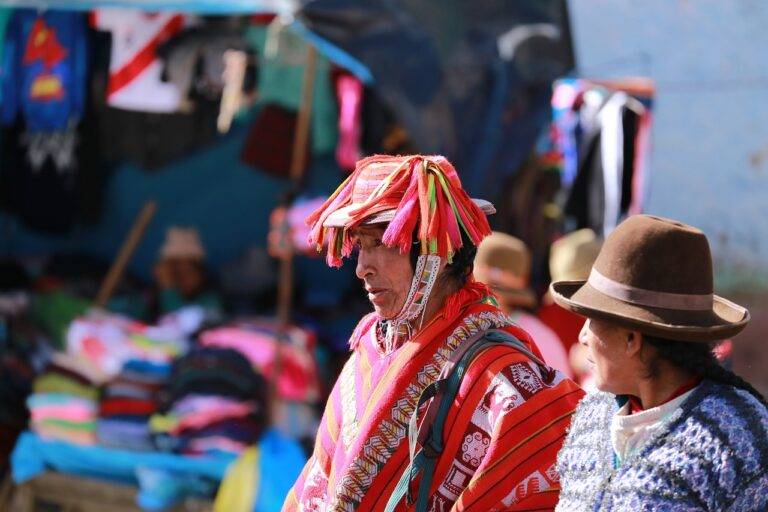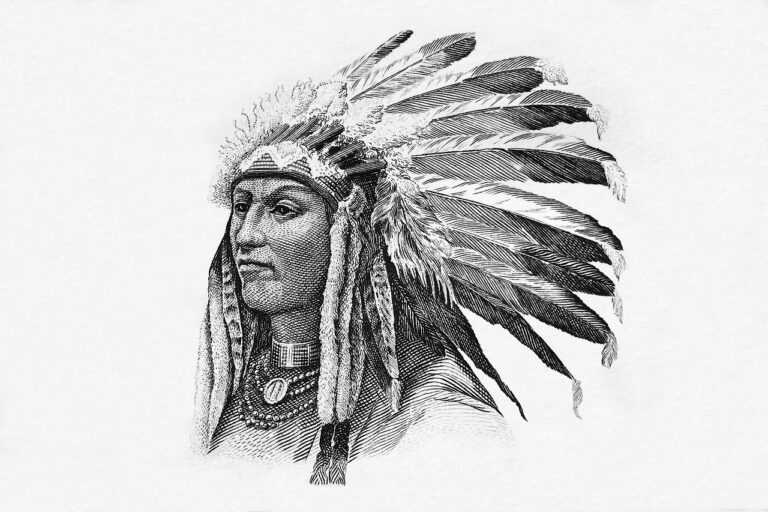Gender Representation in Global Elections: 11xplay reddy login, Laser247, Skyinplay exchange
11xplay reddy login, laser247, skyinplay exchange: Gender Representation in Global Elections
For centuries, women have fought for the right to vote and participate in political processes around the world. While progress has been made in terms of gender equality, there is still much work to be done, especially when it comes to gender representation in global elections.
In many countries, women make up at least half of the population, yet they are significantly underrepresented in government leadership positions. This lack of gender diversity has implications for policy decisions, as research shows that women leaders often prioritize issues such as healthcare, education, and social welfare.
Despite efforts to promote gender equality in politics, women continue to face numerous challenges when running for office. From gender stereotypes to lack of financial resources, the barriers are substantial. Additionally, women often face harassment and discrimination during their campaigns, further deterring them from seeking political office.
To address these issues and promote gender representation in global elections, countries must implement policies that support women’s participation in politics. This includes quotas for female representation in government, training programs for women candidates, and campaigns to combat gender bias in the media.
While progress has been made in some regions, much work remains to achieve true gender equality in political leadership. By promoting diversity and inclusivity in global elections, we can ensure that all voices are heard and represented in government decision-making processes.
—
The Importance of Gender Representation
Quotas for Female Representation
Training Programs for Women Candidates
Challenges Faced by Women in Politics
Combatting Gender Bias in the Media
Promoting Diversity and Inclusivity
—
FAQs
Q: Why is gender representation important in global elections?
A: Gender representation is important because it ensures that diverse perspectives are taken into account in policy-making processes. When women are represented in government, issues such as healthcare, education, and social welfare are prioritized.
Q: What are some challenges faced by women in politics?
A: Women in politics often face gender stereotypes, lack of financial resources, harassment, and discrimination during their campaigns. These barriers deter women from seeking political office and contribute to the lack of gender diversity in government.
Q: How can countries promote gender representation in global elections?
A: Countries can promote gender representation by implementing quotas for female representation, providing training programs for women candidates, and combating gender bias in the media. By supporting women’s participation in politics, we can achieve true gender equality in political leadership.







